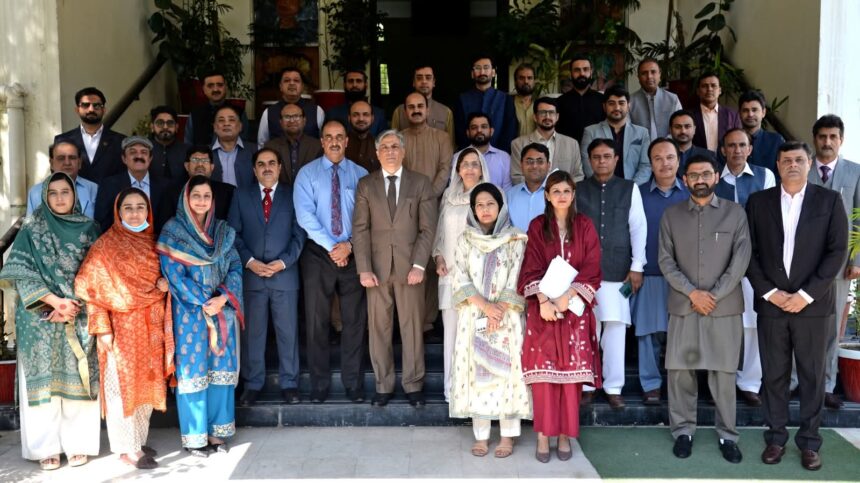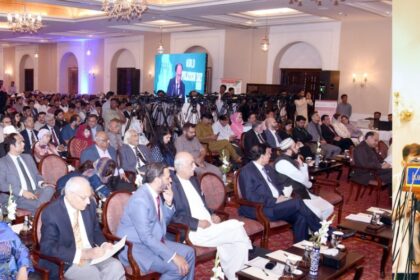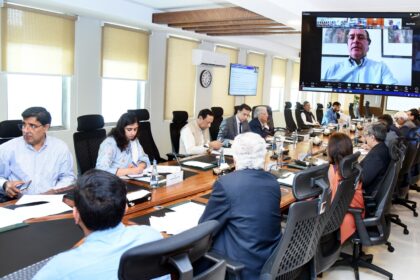A multisectoral seminar on multisectoral coordination for managing diseases of pandemic potential was held on October 20 in AJK, chaired by the Secretary Planning and Development Department AJK and organized by Health Services Academy with technical partner Pak One Health Alliance. The event brought together experts from health, environment, livestock and food sectors to strengthen coordinated action for national resilience.
Dr. Tariq Mehmood Ali, National Coordinator One Health, emphasized advocacy, awareness and workforce development as core goals, calling for improved communication, coordination, collaboration and capacity building across sectors. He identified challenges including sectoral silos, limited resources and professional constraints, and proposed practical steps such as competency frameworks, joint training modules, mentorship programs and ICT-based real-time surveillance that links human, animal and environmental data.
Dr. Mursalin highlighted urbanization, zoonotic threats, antimicrobial resistance, vector- and food-borne diseases and climate-related health risks as priority areas for multisectoral collaboration and presented findings from a training needs assessment carried out for the region. The assessment underlined gaps in skills and the urgency of coordinated training to strengthen outbreak response and routine surveillance.
Dr. Shafqat, Director Environment, underlined the importance of environmental health measures, waste management and the need for interlinked coordination between environment and health agencies. Dr. Irum Gillani, a public health specialist, called for enhanced disease awareness and greater engagement of the medical workforce in prevention and early detection efforts.
The Director General Livestock AJK stressed AMR control, food safety and farm biosecurity as immediate priorities for animal health partners. Dr. Beenish detailed the impact of brucellosis and outlined steps to tackle the disease under the One Health umbrella, while Mr. Imran from POHA showcased integrated One Health systems operating successfully worldwide and their measurable impact on global health security.
Stakeholders from all departments contributed practical insights and agreed on reviewing existing policies, strengthening legislation on antibiotic use and developing shared surveillance and emergency preparedness plans. The seminar concluded with a collective commitment to build a sustainable, research-driven One Health system through joint planning, data integration and policy alignment across all sectors.











